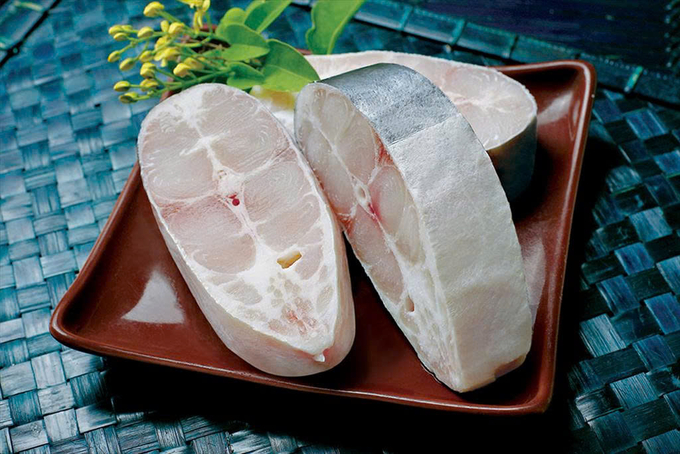December 20, 2025 | 01:34 GMT +7
December 20, 2025 | 01:34 GMT +7
Hotline: 0913.378.918
December 20, 2025 | 01:34 GMT +7
Hotline: 0913.378.918
According to the Vietnam Association of Seafood Exporters and Producers (VASEP), Pakistan is among the countries with the lowest per capita seafood consumption in the world, reaching only 2 kg per person per year compared to the global average of 17 kg per person per year. In daily meals, Pakistanis primarily consume meat, especially chicken and lamb.

Vietnamese pangasius catfish is becoming increasingly popular in Pakistan. Photo: Illustration.
However, in recent years, fish-based dishes, especially those made with pangasius, have frequently appeared and are now present in almost all restaurants, hotels, and banquet events in Pakistan. The success of Vietnamese pangasius in this market is mainly due to its easily accepted taste, ease of preparation, guaranteed quality, and competitive price.
Additionally, the aquaculture and seafood processing industry in Pakistan remains underdeveloped. The country’s fish supply for both domestic consumption and export mainly comes from wild catch. However, large-scale fishing has led to a decline in the availability of natural seafood resources.
Therefore, to ensure both the quantity and quality standards of seafood products, as well as to meet the demand for pangasius fillets in high-end restaurants and hotels, Pakistan has to rely on imports.
Currently, Pakistan does not have any special regulations for imported pangasius, aside from the requirement for a health certificate. The country also has no protective measures such as anti-dumping duties or other technical barriers. Therefore, VASEP believes that Vietnamese enterprises should pay more attention to developing pangasius exports to Pakistan.
Vietnam's seafood exports to Pakistan average around USD 19 million per year, accounting for nearly 1% of Vietnam’s total seafood exports to global markets. The main export product to Pakistan is pangasius, which makes up 98% of Vietnam's total seafood exports to this market. Vietnam also exports shrimp to Pakistan, mainly black tiger shrimp, followed by white-leg shrimp, though in much smaller volumes.
Translated by Kieu Chi

(VAN) The seafood industry is aiming for an export goal of USD 10.7 billion in 2025. However, resolving bottlenecks regarding data and green finance is an urgent requirement.

(VAN) Exports of ornamental fish generate nearly USD 15 million annually for Ho Chi Minh City, affirming the sector's position as a distinctive economic component of the city's modern urban agriculture structure.

(VAN) Lang Son agricultural products are upgrading planting-area standards, increasing deep processing, and expanding linkages to move toward sustainable exports.

(VAN) Despite numerous challenges, Vietnam's key seafood products are maintaining strong momentum, setting the stage for full-year exports to potentially reach USD 11 billion.

(VAN) The signing of a protocol between Viet Nam and China on the export of fresh jackfruit represents a significant milestone in agricultural trade cooperation between the two countries.

(VAN) On November 27, the Ninh Binh Department of Agriculture and Environment and the Institute for Green Growth Research organized a training course on greenhouse gas inventory for businesses.

(VAN) China’s cooking oil is suddenly flooding into India. It all comes down to a soybean surplus that Beijing doesn’t quite know what to do with.